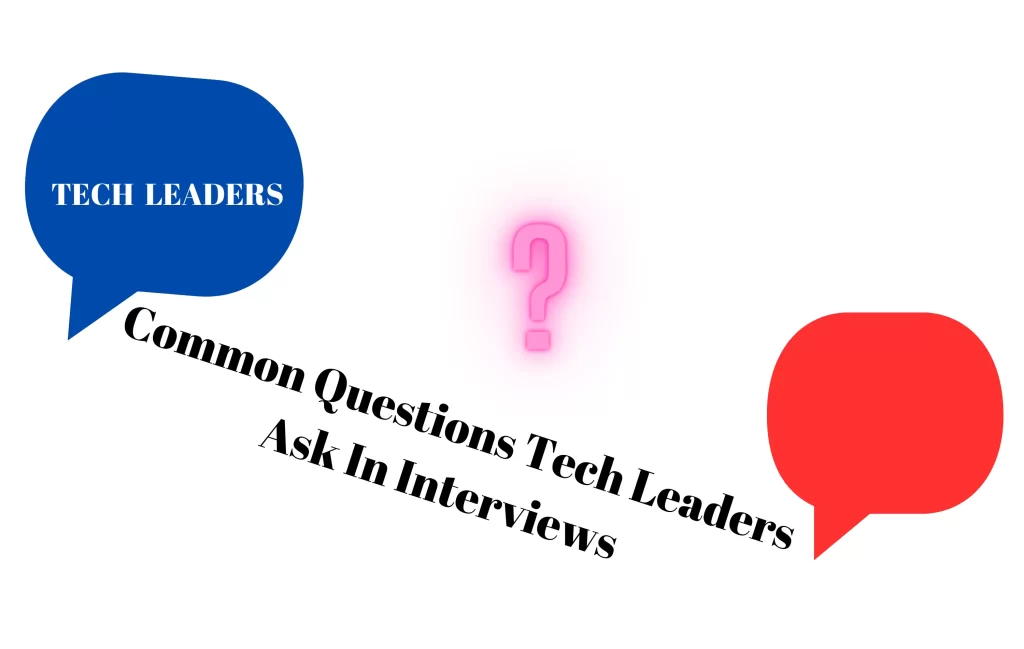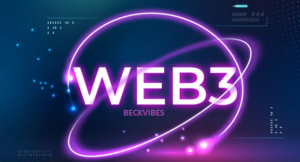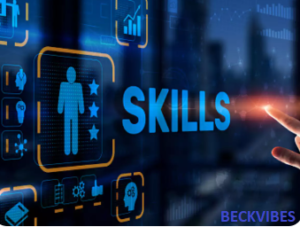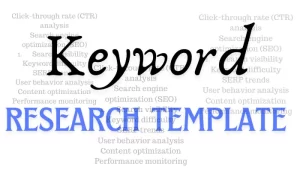
Common Questions Tech Leaders Ask In Interviews
When it comes to landing your dream job in the tech industry, the interview process can be both exciting and nerve-wracking. As a potential candidate, it’s important to prepare yourself for the tough questions that may come your way.
In particular, tech leaders have a keen eye for selecting the best candidates and often ask specific questions to assess their skills and abilities.
In this blog post, we will explore some of the most Common Questions Tech Leaders Ask In Interviews and why you should be asking them too. By understanding these questions, you can better prepare for your next interview and increase your chances of success.
Tech leaders often ask a mix of technical, behavioral, and situational questions in interviews to assess candidates’ skills, problem-solving abilities, and cultural fit. Here are some common questions tech leaders might ask:
-
Technical Questions:
- Can you explain [a specific concept or technology relevant to the role?
- How would you approach [a technical problem or challenge?
- Can you walk me through your experience with [a particular programming language, framework, or tool?
- Have you worked with [specific technologies mentioned in the job description before?
- Describe a complex technical project you’ve worked on and your role in it.
- How would you optimize [a specific process or system] for performance?
2. Problem-Solving and Critical Thinking:
-
- How would you debug a particularly tricky issue in a system you’re not familiar with?
- Given limited resources, how would you prioritize tasks in a project?
- Can you describe a situation where you faced a difficult technical challenge and how you overcame it?
- What steps do you take when approaching a new problem or project?
- Describe a time when you had to make a quick decision under pressure. What was the outcome?
3. Behavioral Questions:
- Tell me about a time when you had to deal with a difficult team member. How did you handle it?
- Describe a project where you had to work under tight deadlines. How did you manage your time and resources?
- Can you discuss a situation where you had to adapt to significant changes in project requirements?
- Give an example of a time when you had to collaborate with a team from a different department or discipline. How did you ensure effective communication?
- Describe a situation where you had to persuade others to adopt your solution or approach.
4. Leadership and Management:
- How do you motivate and inspire your team during challenging projects?
- Describe your approach to performance reviews and providing constructive feedback.
- Can you discuss a time when you had to resolve conflicts within your team?
- How do you foster a culture of continuous learning and improvement within your team?
- What strategies do you use to ensure projects are completed on time and within budget?
5. Cultural Fit:
- What do you know about our company culture, and how do you think you would fit into it?
- How do you handle failure or setbacks in a project?
- Describe your ideal work environment and team dynamic.
- Can you discuss a time when you had to adapt to a new company or team culture?
- How do you prioritize work-life balance, and how do you encourage it among your team members?
Understanding the Candidate’s Technical Expertise
Tech leaders often begin by inquiring about a candidate’s technical background to grasp their competency level.
Questions might include asking about specific projects they have worked on, technologies they are proficient in, and challenges they faced while implementing a solution.
This line of questioning allows interviewers to understand not just the depth of the candidate’s technical knowledge, but also their hands-on experience with real-world problems.
Furthermore, candidates might be asked to explain complex technical concepts in simple terms, demonstrating their ability to communicate effectively with team members who may not have a technical background.
Assessing Problem-Solving Skills and Creativity
Tech leaders frequently ask candidates to describe a situation where they had to solve a complex problem. This question aims to uncover the candidate’s approach to problem-solving and their ability to think creatively under pressure.
Interviewers may also present hypothetical scenarios or technical puzzles, looking for insights into the candidate’s analytical skills and innovation.
By evaluating how candidates navigate these challenges, tech leaders can gauge their potential to contribute unique solutions and adapt to unforeseen issues, crucial traits in the rapidly evolving tech landscape.
Evaluating Teamwork and Collaboration
Tech leaders place high importance on a candidate’s ability to work within a team. They often ask about previous experiences with collaborative projects, roles within those teams, and how conflicts were resolved. These questions help assess a candidate’s communication skills, willingness to support team goals, and capability to navigate interpersonal challenges.
Highlighting instances of successful teamwork or how one has contributed to a project’s success provides valuable insights into their potential for fostering a cooperative and productive work environment.
Understanding the Candidate’s Adaptability and Resilience
To assess a candidate’s adaptability and resilience, tech leaders often pose hypothetical scenarios or reflect on past challenges the candidate faced.
Questions might include, “Can you describe a time when you had to adapt to a significant change at work?” or “How have you bounced back from a project that didn’t go as planned?”
These inquiries help interviewers understand how candidates handle uncertainty, overcome obstacles, and whether they can thrive in an ever-evolving tech landscape.
It’s crucial to listen for examples of learning from experience, showing flexibility in thought and action, and maintaining a positive attitude in the face of adversity.
Gauging the Candidate’s Passion and Motivation
To gauge a candidate’s passion and motivation, interviewers often delve into the “why” behind their career choices and projects.
Questions like, “What drives you in your work?” or “Tell us about a project you were particularly passionate about and why” can reveal much about a candidate’s intrinsic motivation and enthusiasm for the tech field.
The aim is to uncover a genuine excitement for problem-solving, innovation, and the potential to contribute meaningfully to the team and organization.
Listening to responses that show a deep engagement with their work and a proactive approach to tackling challenges is key.
FAQ
- What are the company’s short-term and long-term goals, and how does this role contribute to achieving them?
2. Can you describe the team’s structure and dynamics? How do teams collaborate and communicate within the organization?
3. What methodologies or frameworks does the company follow for project management and software development? (Agile, Scrum, Kanban, etc.)
4. How does the company support ongoing learning and professional development for its employees, particularly in technical leadership roles?
5. What are the biggest challenges or pain points the team or organization is currently facing, and how do you envision this role addressing them?
6. What metrics or KPIs are used to measure the success of projects and teams?
7. How does the company foster innovation and encourage employees to contribute new ideas?
8. Can you tell me about a recent project or initiative that didn’t go as planned? What were the lessons learned, and how were they applied moving forward?
9. What is the company’s approach to work-life balance, and how is it supported at the organizational level?
10. How does leadership at the company handle conflicts or disagreements within teams?
11. What opportunities exist for cross-functional collaboration or working with other departments?
12. How does the company prioritize diversity, equity, and inclusion in its hiring and workplace culture?
13. What is the onboarding process like for new employees, particularly for leadership roles?
14. Can you share some examples of how the company celebrates successes or recognizes outstanding contributions from employees?
15. What are the growth opportunities for someone in this role, both vertically within the organization and horizontally in terms of skill development?







